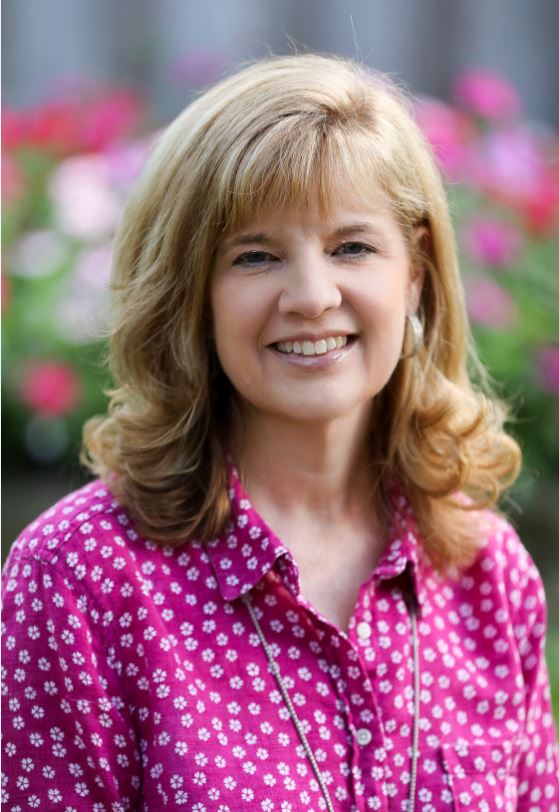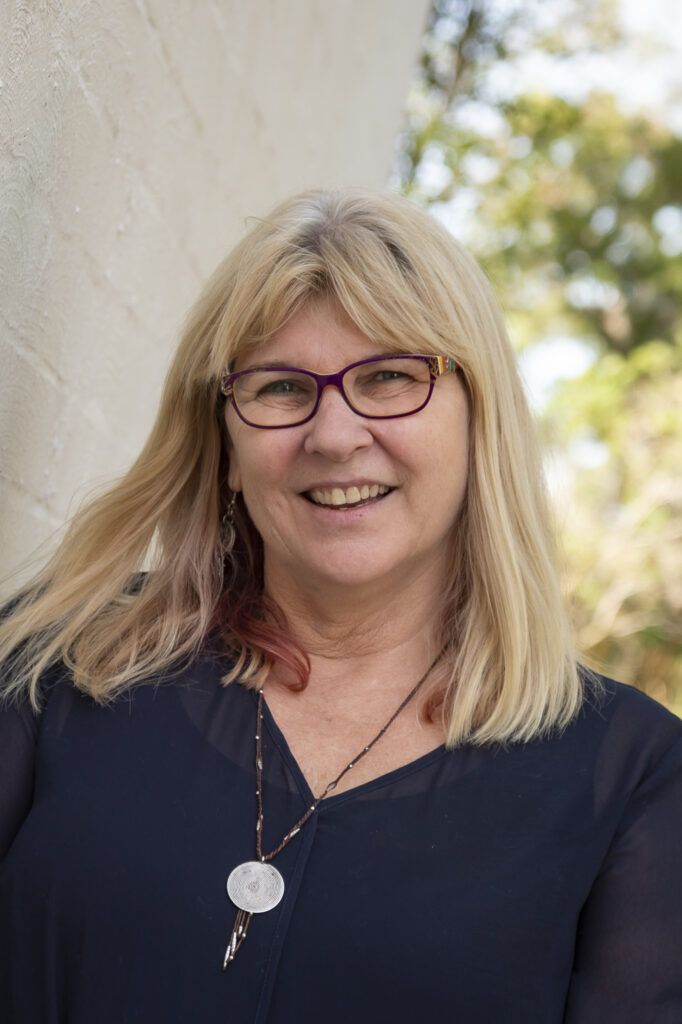Post-Conference Workshops 28 July 2024

Randomized Controlled Trials in Play Therapy: How to Plan, Collaborate, and Make Them Happen
Professor Dee Ray
9:00am to 11:00am
The randomized controlled trial (RCT) is the gold-standard research method to establish effectiveness of play therapy and mental health interventions. Because of the rigor required to enact RCTs, there can be many challenges. This workshop will present best practices to develop collaborations between universities and community partners to meet the requirements for conducting a RCT, as well as methods for achieving a credible RCT that explores the effectiveness of play therapy. In addition, Dr. Ray will lead discussion on how to meet the challenges within your setting for RCT success.
Learning Objectives:
- Participants will be able to identify required characteristics of a Randomized Controlled Trial
- Participants will be able to identify at least 3 standardized measurements to measure the impact of play therapy.
- Participants will be able to locate and follow the CCPT protocol.
- Participants will be able to implement a reliability procedure for the CCPT protocol.
- Participants will be able to identify necessary considerations for play therapists delivering research protocols.
- Participants will be able to discuss ethical considerations for including and excluding participants for a play therapy study.
Child-Centered Group Play Therapy: Application in School and Community Settings
Professor Dee Ray
11:00am to 1:00pm
This workshop will cover the basics of working with multiple children in the child-centered group play therapy setting. Presenter will focus on the goals of group play/activity therapy, role of the play therapist, screening and selection of group members, developmentally responsive use of play, planning and structuring of sessions with emphasis on principles as well as application of methods and skills.
Learning Objectives:
- Participants will be able to describe the theoretical philosophies and principles of CCGPT.
- Participants will be able to describe the process of CCGPT.
- Participants will be able to describe special considerations in CCGPT.
- Participants will be able to discuss three considerations for CCGPT group composition.
- Participants will be able to identify verbal skills distinctive in conducting CCGPT.
- Participants will be able to identify nonverbal skills important in conducting CCGPT.

The Therapeutic Power of Digital Play Therapy
Dr Judi Parson
2:00pm to 6:00pm
The 21st century digital landscape presents both opportunities and challenges for children, families, and clinicians. This workshop explores various aspects of digital play therapy, including therapeutic communication via texting and emojis, digital E-health, game play, and engagement in virtual worlds and augmented reality. Discussion topics focus on the 5 Cs of digital play therapy (as identified by Dr Jessica Stone) —competency, culture, comfort, congruence, and capability —and ethical considerations rooted in supervision and consultation. The integration of technology offers a chance to cater to clients’ communication preferences and enhance therapy across physical and virtual realms. Participants will be introduced to interactive digital games and apps to illustrate different therapeutic techniques.
Learning Objectives:
- Consider academic research highlighting the benefits of digital play technology in promoting relational engagement.
2. Identify a range of digital play games and apps which may be suitable for a range of child and adolescent clients.
3. Incorporate and discuss elements and concerns arising from digital play including maintaining appropriate therapeutic boundaries and ethical considerations to competently engage in digital play.